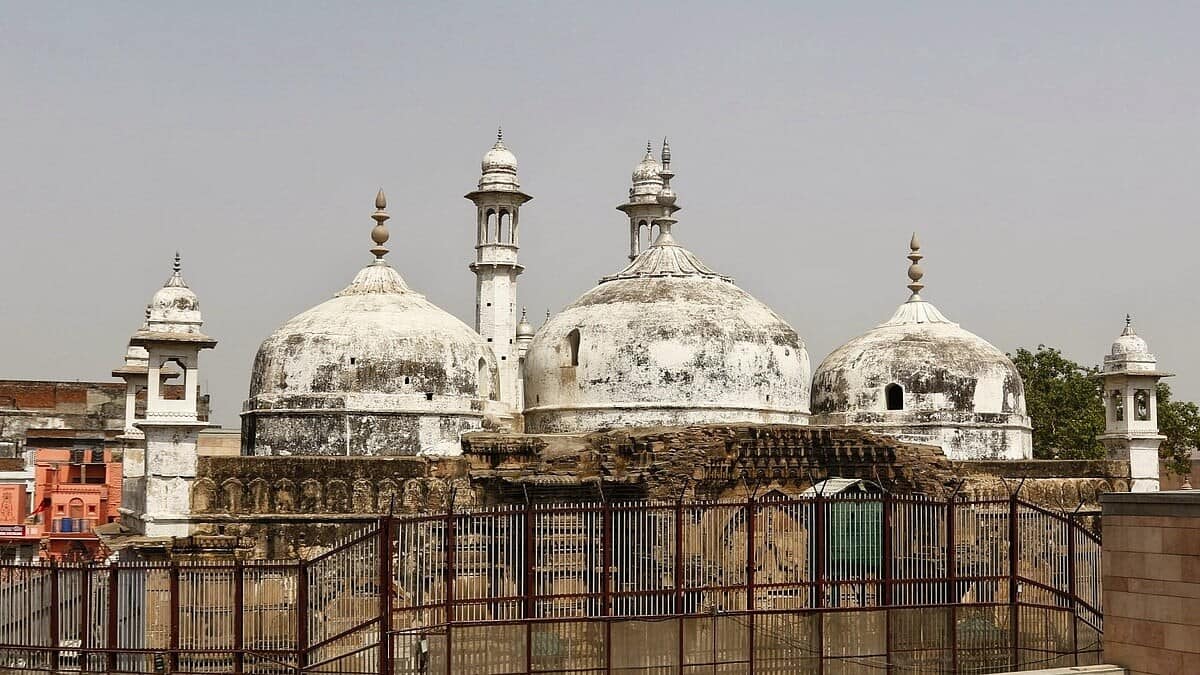
'Enough': SC refuses new pleas in Places of Worship case
What's the story
The Supreme Court on Monday raised alarm over the hundreds of intervention applications filed in the challenge against the Places of Worship (Special Provisions) Act, 1991.
The bench, headed by Chief Justice of India Sanjiv Khanna and Justice PV Sanjay Kumar, said that "there is a limit to interventions being filed."
The matter will now be heard before a three-judge bench in April.
Intervention debate
Political parties support Act's validity, advocate proposes limit
Senior Advocate Dushyant Dave agreed with the bench's sentiment, suggesting that no further interventions should be allowed unless they present new grounds.
The court ruled that pending petitions without issued notices are dismissed but can be refiled if they raise fresh grounds.
Various political parties, including the Congress Party and CPI(ML), have also filed interventions in support of the Act's validity.
Awaiting response
Central government yet to respond to petitions
The Act aims to preserve the status of all religious structures as it existed on August 15, 1947, by preventing courts from entertaining cases which raise dispute over their character.
The law states that such cases pending in courts would stand abated.
The Act was invoked by the SC in 2019 while awarding the disputed site at Ayodhya to deity Ram Lalla.
However, the SC reaffirmed that similar cases cannot be entertained with respect to other sites under the Act.
Act challenged
Act's validity challenged, trial courts instructed to refrain
Hindu parties, including BJP leader Ashwini Upadhyay, have challenged the Act's validity, arguing that it perpetuates historical injustices by barring legal remedies for Hindus and others.
In December 2024, the Supreme Court had instructed trial courts not to issue orders or conduct surveys on religious structures until it decided on the Act's validity.
Pending suits
At least 18 suits concerning religious sites are pending
At least 18 suits related to religious sites are pending in different courts across India.
These include those related to the Shahi Jama Masjid in Sambhal, the Gyanvapi Mosque in Varanasi, the Shahi Eidgah Masjid in Mathura, and the Ajmer Dargah in Rajasthan.
Despite multiple time extensions granted by the Supreme Court, the Union Government has yet to file its counter-affidavit in the case.